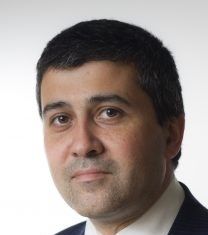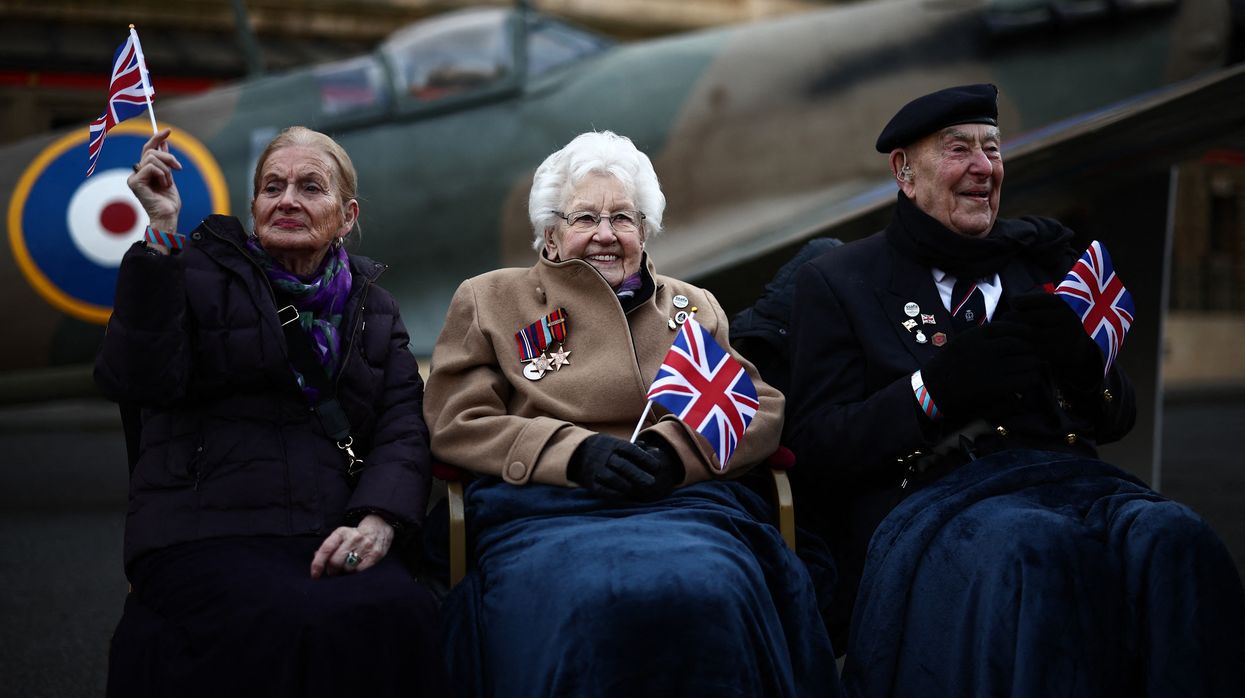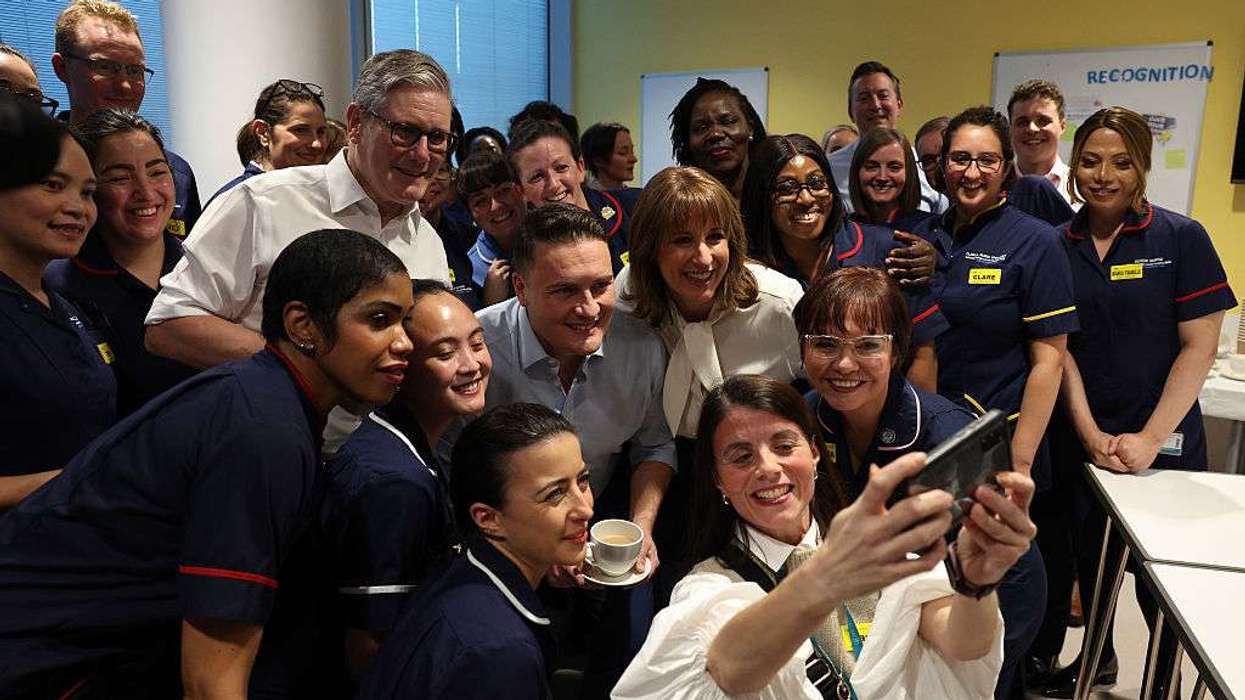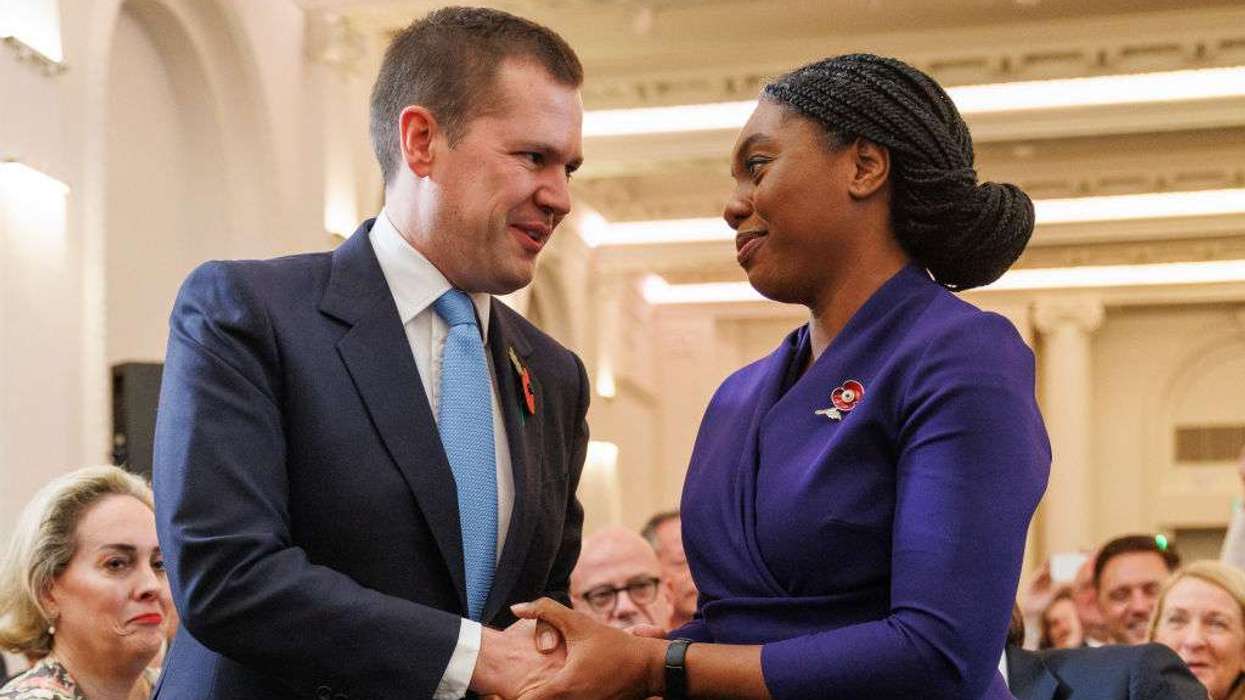IT WAS a day of celebration on May 8, 1945.
Winning the war was no longer any kind of surprise. After all, Hitler had committed suicide. What had once seemed in deep peril a few years later had become a matter of time.
BBC newsflashes on May 7 announced Germany’s unconditional surrender, so the next day would be Victory Day, in Europe at least. Cue perhaps the biggest party that this country had ever seen – with jubilation and relief reflecting the heavy toll of five years of war.
How far will the meaning of VE Day still resonate today, some 80 years on? Most wartime memories come from childhood now. More than three million people in Britain today were born before VE Day – but over half were aged under five as the war ended. About 120,000 people in Britain today were at least 14, the age that most people left school then. You have to be at least 98 today to have been able to join the armed forces, legally before 1945, though some did fib to serve under-age.
It is estimated that 8.6 million people served during the war – five million from the British Isles, the rest from the empire and Commonwealth. It is probable there are fewer than 15,000 survivors today. The UK Ministry of Defence has no official figures on the number of living veterans, though the US Ministry of Veterans produces annual estimates.
But the 2021 census asked about military service for the first time, enabling better informed estimates than before. British Future’s crunching of that census data finds that 5,000 men and 4,000 women in Britain aged 98+ report serving as veterans – about a quarter of the age group – including service after the war as well as during it.
Up to 4,000 veterans aged over 100 are more likely to have seen active service during the war itself. Ten veterans wrote a letter to the nation inviting us all to remember. That they included three Indian Army volunteers – Corporal Mirza Khan, Sergeant Mohammad Hussain and Sergeant Major Rajindar Singh Dhatt – reminds us that the armies which fought and won the war look more like the Britain of 2025 than that of 1945.
Recognising the ever-dwindling few will be one poignant focus of the VE Day anniversary. Culture secretary Lisa Nandy notes that it is “one of the last chances we have to say thank you to this generation of heroes”.
It would surprise many that more than four in 10 surviving veterans are women (largely because women are four times as likely as men to live to 100).
The anniversary is a good chance to increase knowledge of the auxiliary services roles – undertaken by around one-10th of women, such as the ‘Wrens’ in the Navy or the WAAFI in the air force.
Yet, this 80th anniversary faces challenges to capture public attention. Next Thursday (8) is not a bank holiday, so will be a day of official ceremonies, but a normal working day too in many schools and offices. Three days earlier, the bank holidaday next Monday (5), will see a parade on the Mall and community celebrations, including street parties.
Our politicians will have to switch from a focus on the local elections to the national commemorations. The July 1945 general election – with a landslide defeat for the war leader Winston Churchill – was a powerful demonstration of the democracy that the war had been fought for, and the determination to forge a better peace.
The message of this VE Day anniversary should not just be that we mark it because a few of those who took part in the war are still alive. If that was the reason, there would be little point in marking the 2039-2045 centenary at all.
So a bigger challenge for our leaders, marking this anniversary, is how far they can begin to shape a new narrative about what these foundational moments in our history would mean once the war does finally slip beyond living memory. That is a central part of what it is to be a nation – to have a story about how our past, present and future are linked. What does who we are today, and how we got here, mean for the next chapter?
The events of 1945 shaped the lives of everybody who has lived in this country since – not only because the war was won, but also thanks to the choices made at home and abroad after it ended.
Yet this has been a year when those foundations of democracy and the multilateral order are in peril. How we could do with recapturing the spirit of 1945, however distant it may seem to us now.
That was a time when money was scarcer than today – yet where people faced the future with hope.

Sunder Katwala is the director of thinktank British Future and the author of the book How to Be a Patriot: The must-read book on British national identity and immigration.




